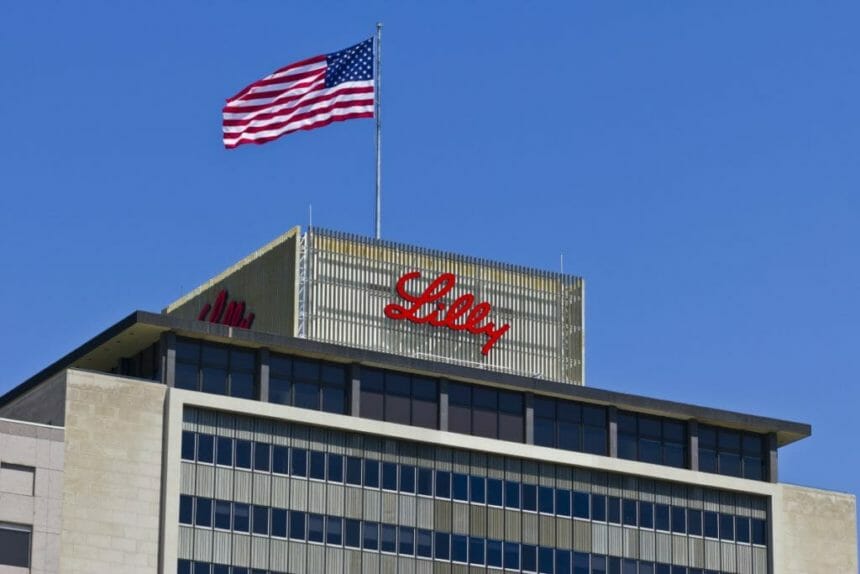Eli Lilly reached a deal with Confo Therapeutics to gain licensing to Confo’s non-opioid neuropathic pain candidate, CFTX-1554, the companies announced Thursday.
In the deal, Confo will receive $630 million upfront and there could be an additional $590 million in milestones if Lilly decides to take on another candidate as well.
Lilly will carry on CFTX-1554’s clinical development past Phase 1 as part of the deal. Currently, the drug — which is a novel inhibitor of the angiotensin II type 2 receptor (AT2R) — is in Phase 1 clinical trials.
The drug aims to tackle neuropathic pain, which often sprouts from damage in the nervous system and can be difficult to treat. CFTX-1554 is being positioned as an alternative to opioids, which carry the risk of addiction.
CFTX-1554 joins Lilly’s wider pain portfolio, which includes migraine drugs Emgality and Reyvow. Lilly is also currently working on developing other pain candidates, including a P2X7 receptor antagonist, as well as a non-opioid transient receptor potential ankyrin 1 antagonist for chronic pain.
“We are pleased that Lilly, an expert in chronic pain with a wealth of experience in bringing novel therapies to patients, has recognized Confo’s ability to develop best-in-class GPCR drug candidates,” Confo CEO Cedric Ververken said in a statement. “CFTX-1554’s progression through the clinic will benefit from Lilly’s experience and global organization, while we will continue to develop and expand our growing, innovative pipeline of GPCR-targeted assets, both small molecules and biologics.”
CFTX-1554 isn’t the only drug Lilly is betting on this year. In its 2023 financial guidance released in December 2022, the company pointed to four new drugs that it says will continue its growth trajectory, including mirikizumab, lebrikizumab and pirtobrutiib.
Lilly initially also planned to launch its Alzheimer’s disease drug donanemab, but the Food and Drug Administration rejected the accelerated approval submission in January, pushing back the potential launch date.
But the pharma has also set its sights on the diabetes market and increasing its presence there. High demand for diabetes drugs — which have often been prescribed off-label for weight loss — led to Lilly experiencing shortages with Mounjaro and Trulicity last year.
Earlier this year, Lilly announced it would invest $450 million into its North Carolina facility to boost manufacturing for its diabetes drugs, noting it was aiming to “meet the growing demand for our medicines.”







